****UPDATE: The US Supreme Court sent the case back to the Fourth Circuit Court of Appeals on Monday morning without issuing a ruling.****
The question of whether sex includes gender identity is sweeping the nation as a case is prepared to go against the Supreme Court at the end of March.
The Obama Administration had implemented a guidance in May that enforced rights by transgender students to use the bathrooms or locker rooms that aligned with their gender identities.
The guidance cited federal law Title IX.
But Trump rescinded that rule and said it was up to the states to regulate who uses what bathroom in schools. But the administration left the rest of the law alone.
“What is so peculiar about what just happened in the Department of Education is they only withdrew the portion of the guidance that specifically relates to restrooms,” said Civil Rights Attorney Shannon Minter.
Minter is also the legal director of the National Center for Lesbian Rights in San Francisco. He said the decision seemed to come out of left field.
“We were disappointed by this and did not see this as a foregone conclusion,” he said. “Trump, during the campaign made some statements that as far as he was concerned, transgender people should be able to use whichever bathrooms they want, or bathrooms that correspond to their identity, and we understand from the limited information that we have about what’s going on inside the Administration that there was some very serious opposition internally to doing this.”
He also said there’s a good chance that the decision is almost completely political.
“The state’s rights argument is nonsensical,” he said. “This is a federal statute. They’re not even disputing that the statute protects transgender students in other respects.”
But a case has been moving through the courts because of a lawsuit filed by a high school student in Virginia. 17-year-old Gavin Grimm came out as transgender, and was permitted to use the boys’ restroom until parents complained. The school board then enacted a policy that requires all students to use the bathrooms that coordinate with the sex on their birth certificates.
The case is set to be heard in the Supreme Court on March 28. The court will have to decide whether gender identity is included under the 14th Amendment’s equal protection under the law, and if it should be included in non-discrimination based on sex.
Minter said Trump’s decision has potential to be challenged in courts anyways, since it only mentions gender identity not classifying as sex in regards to bathrooms.
“I do think it creates some potential vulnerability for this thing to be challenged in courts because on the face of it,” he said. “It is so deeply incoherent and irrational.”
Depending on how the Supreme Court rules in March, it could reverse the administration’s decision, or make legal distinction between gender identity and sex.
Related Stories
‹
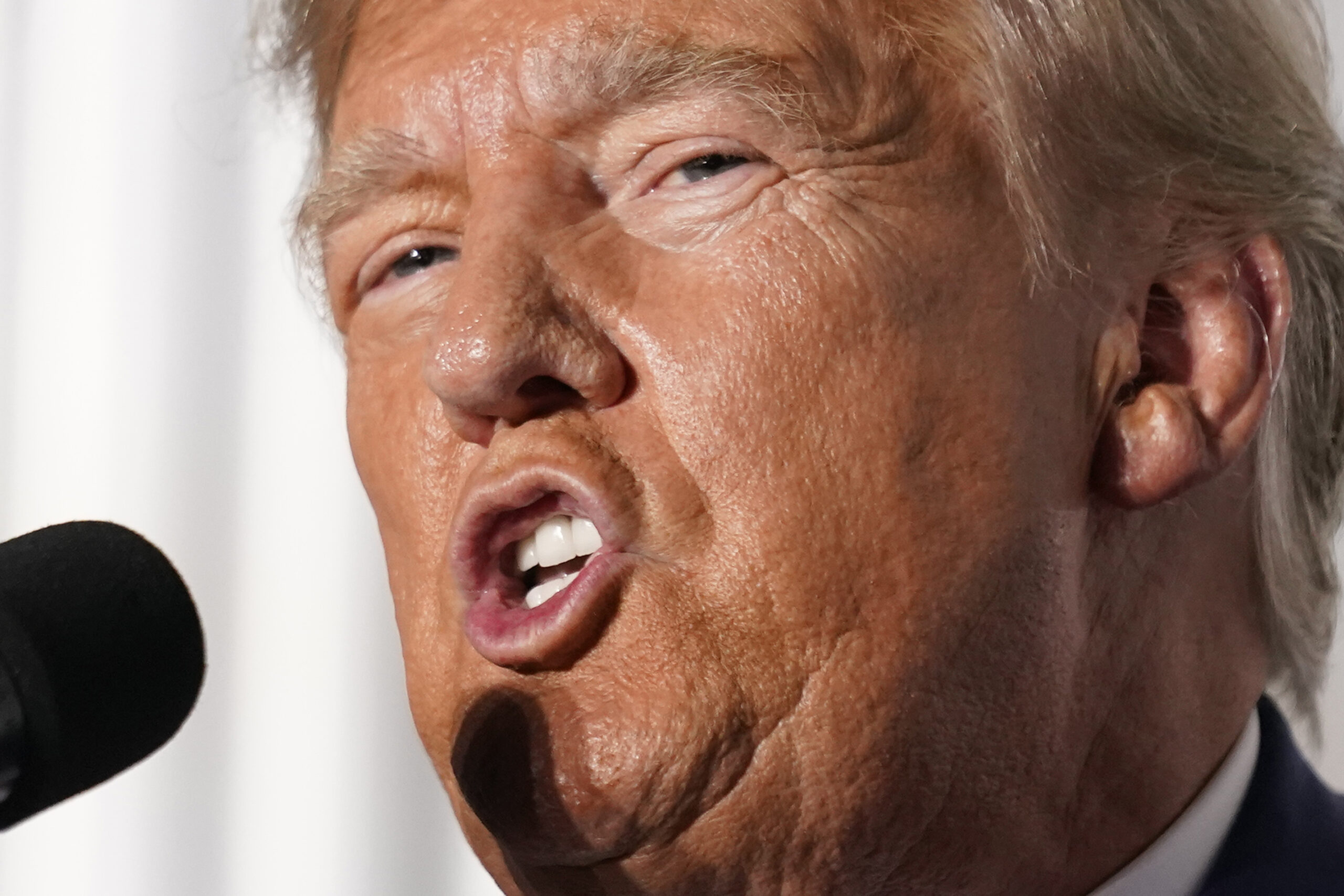
Trump Pledged To Roll Back Protections for Transgender Students. They’re Flooding Crisis HotlinesTransgender youth have flooded crisis hotlines since the election of Donald Trump, who made anti-transgender themes central to his campaign.
![]()
In HB2 Court Fight, Both Sides Admit They're WrongThe HB2 question: does the word "sex" include "gender identity"? Some say yes, some say no - but it's not who you think.
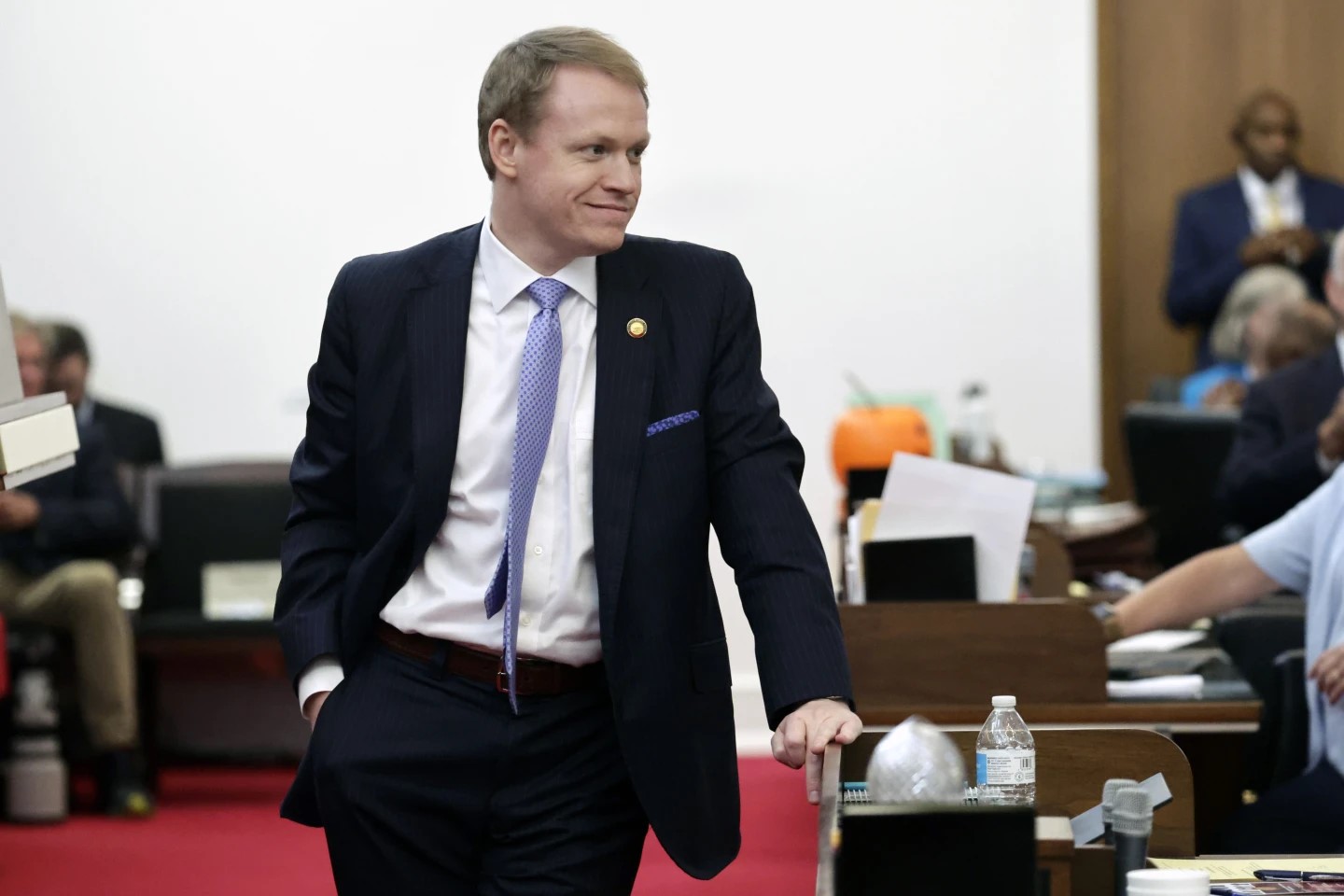
Some North Carolina Democratic Lawmakers Break from Party to Pass Republican PrioritiesNorth Carolina Republican lawmakers overrode several vetoes by Gov. Josh Stein, getting just enough votes from Democrats to enact some laws.
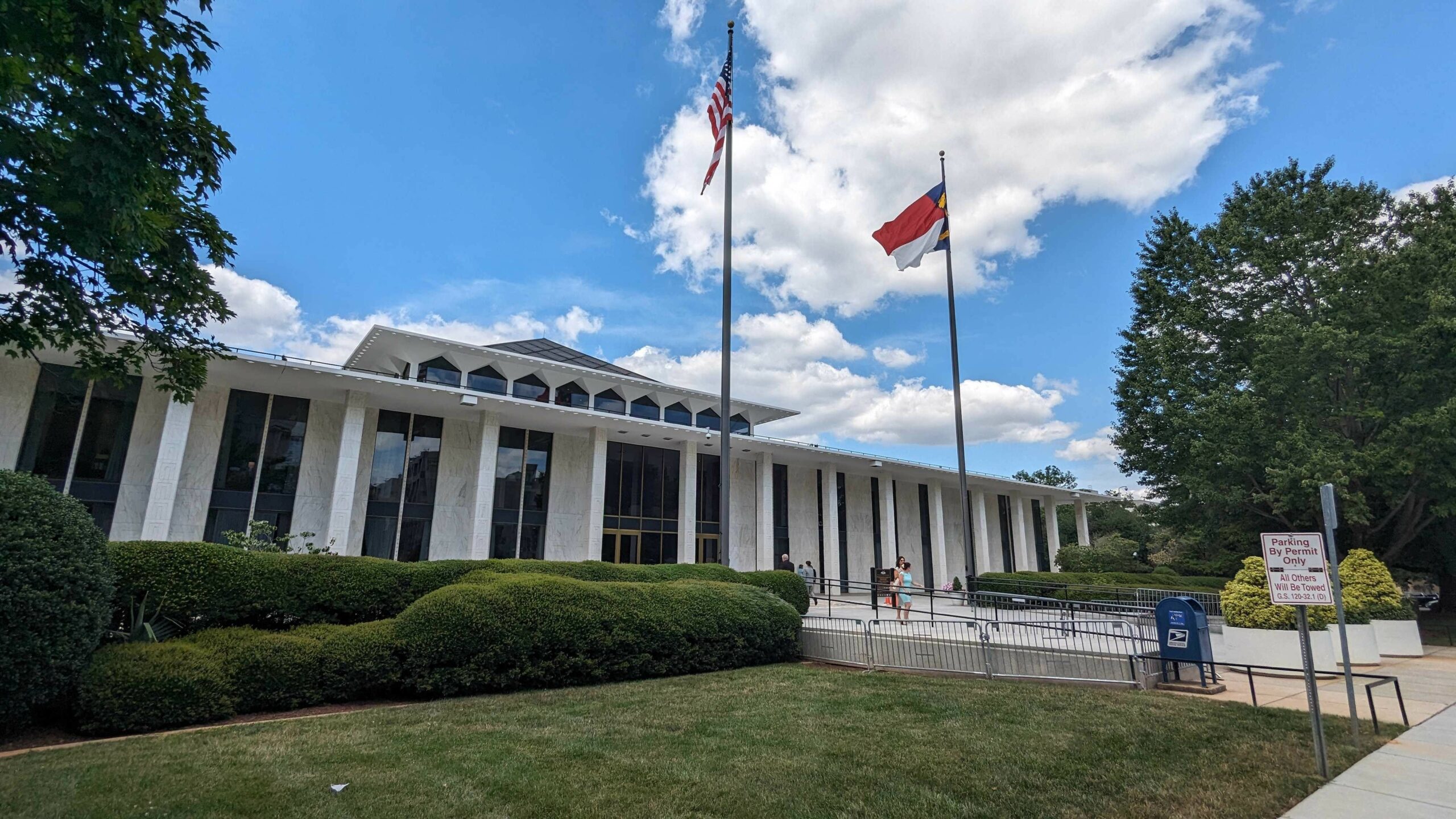
In Line With Trump, North Carolina Legislature Takes Aim at Transgender RightsLegislation much in line with President Donald Trump's political agenda on transgender rights squeezed through the North Carolina Senate this week.
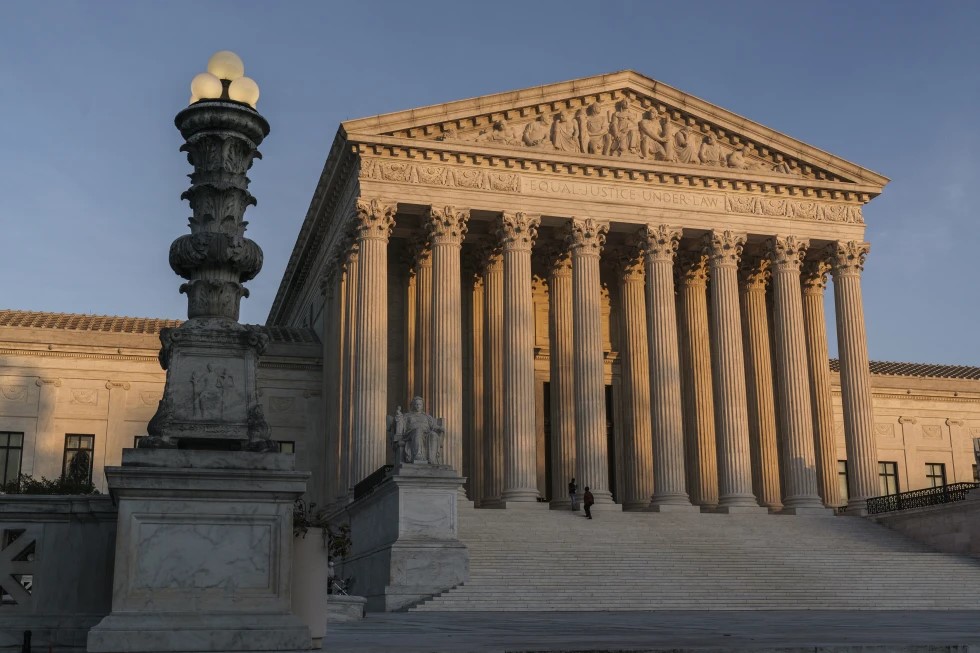
Families of Trans Kids Worry About What’s Next After Supreme Court Rules on Gender-Affirming CareA U.S. Supreme Court decision Wednesday upholding Tennessee’s ban on gender-affirming care for minors is leaving transgender children and their parents uncertain and anxious about the future.

Donald Trump Has Sweeping Plans for a Second Administration. Here’s What He’s ProposedDonald Trump has proposed sweeping changes in a second administration, including scaling back civil rights and expanding presidential powers.

Transgender Adults in Florida Are Blindsided That a New Law Also Limits Their Access to Health CareWritten by THALIA BEATY, BRENDAN FARRINGTON and HANNAH SCHOENBAUM Debate surrounding Florida’s new restrictions on gender-affirming care focused largely on transgender children. But a new law that Republican presidential candidate and Gov. Ron DeSantis signed last month also made it difficult – even impossible – for many transgender adults to get treatment. Eli and Lucas, trans […]
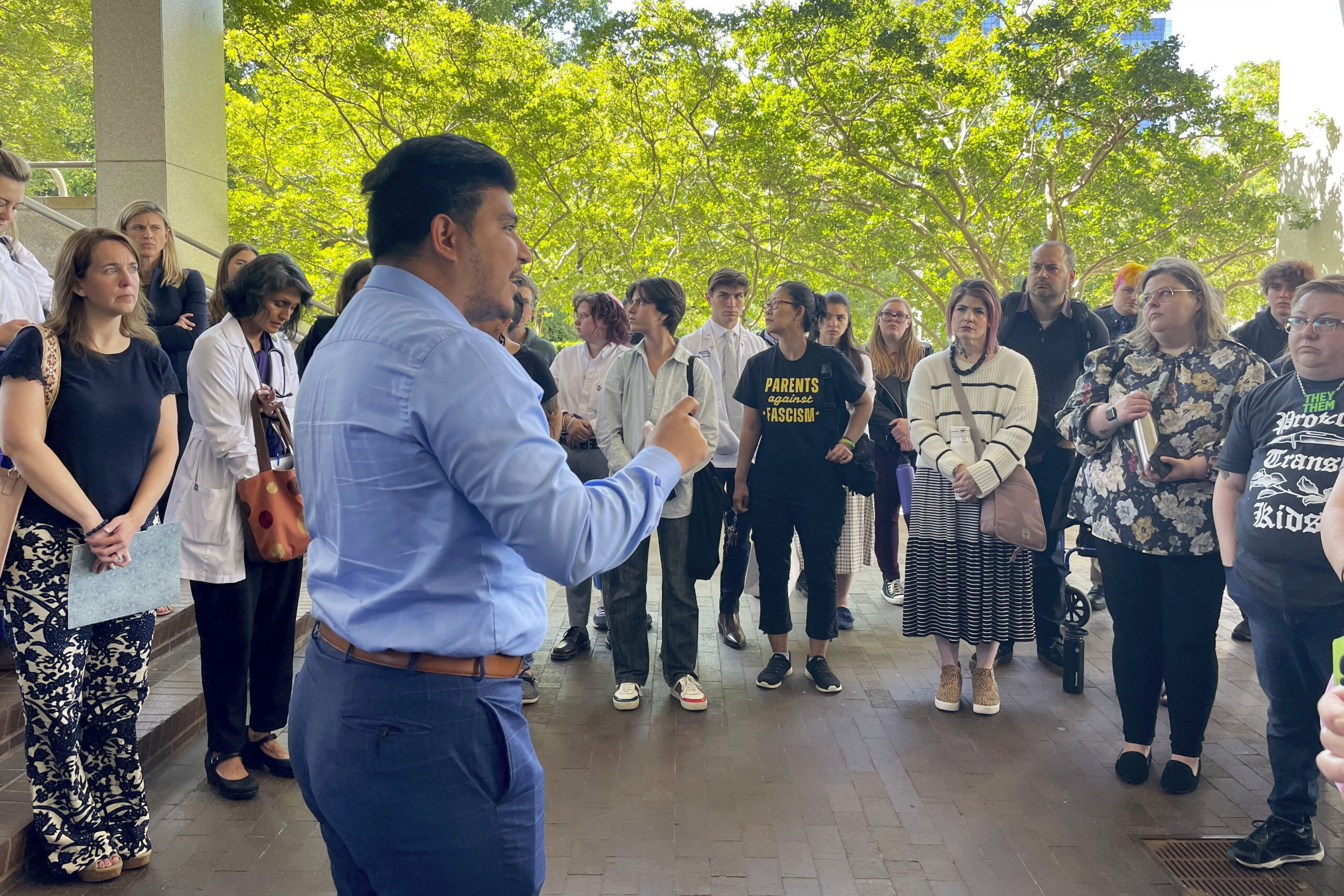
'A Minority Within a Minority': Eliazar Posada Discusses NC's Anti-Trans LegislationCarrboro Town Council member Eliazar Posada stopped by 97.9 The Hill’s studios on Wednesday. He and Aaron Keck discussed anti-transgender legislation currently in the North Carolina General Assembly, its effects on the community and Posada’s advocacy within the state government. Check out highlights of the conversation below, which are lightly edited for clarity, and click […]
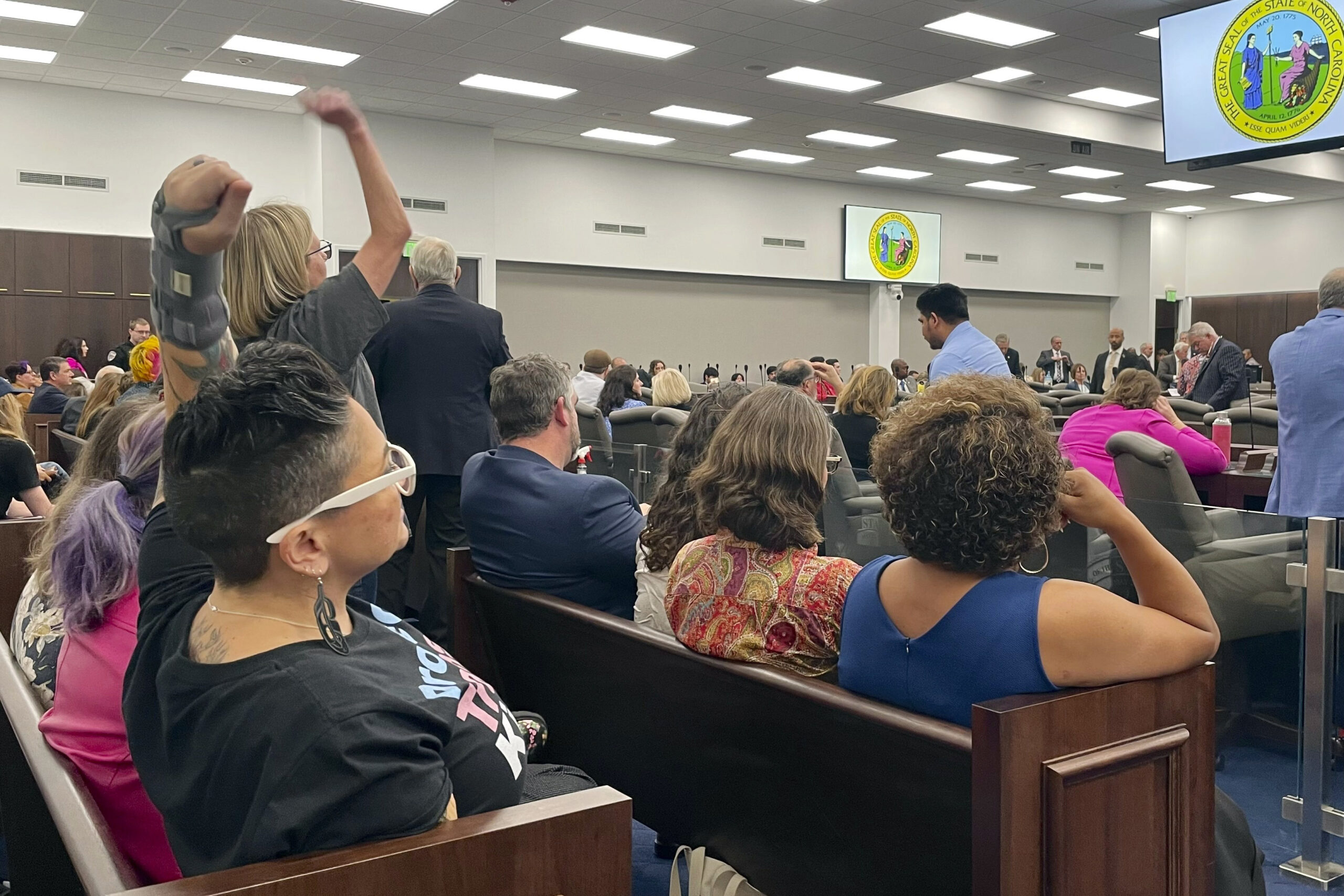
Transgender Surgery Ban Advances in North Carolina HouseWritten by HANNAH SCHOENBAUM Dozens of transgender North Carolinians and their supporters spoke out against state lawmakers Tuesday as a House committee advanced legislation banning gender-affirming surgeries for minors without allowing members of the public to testify. The audience erupted in chants of “Let us speak” and “Blood on your hands” as the Republican-controlled House Health Committee […]
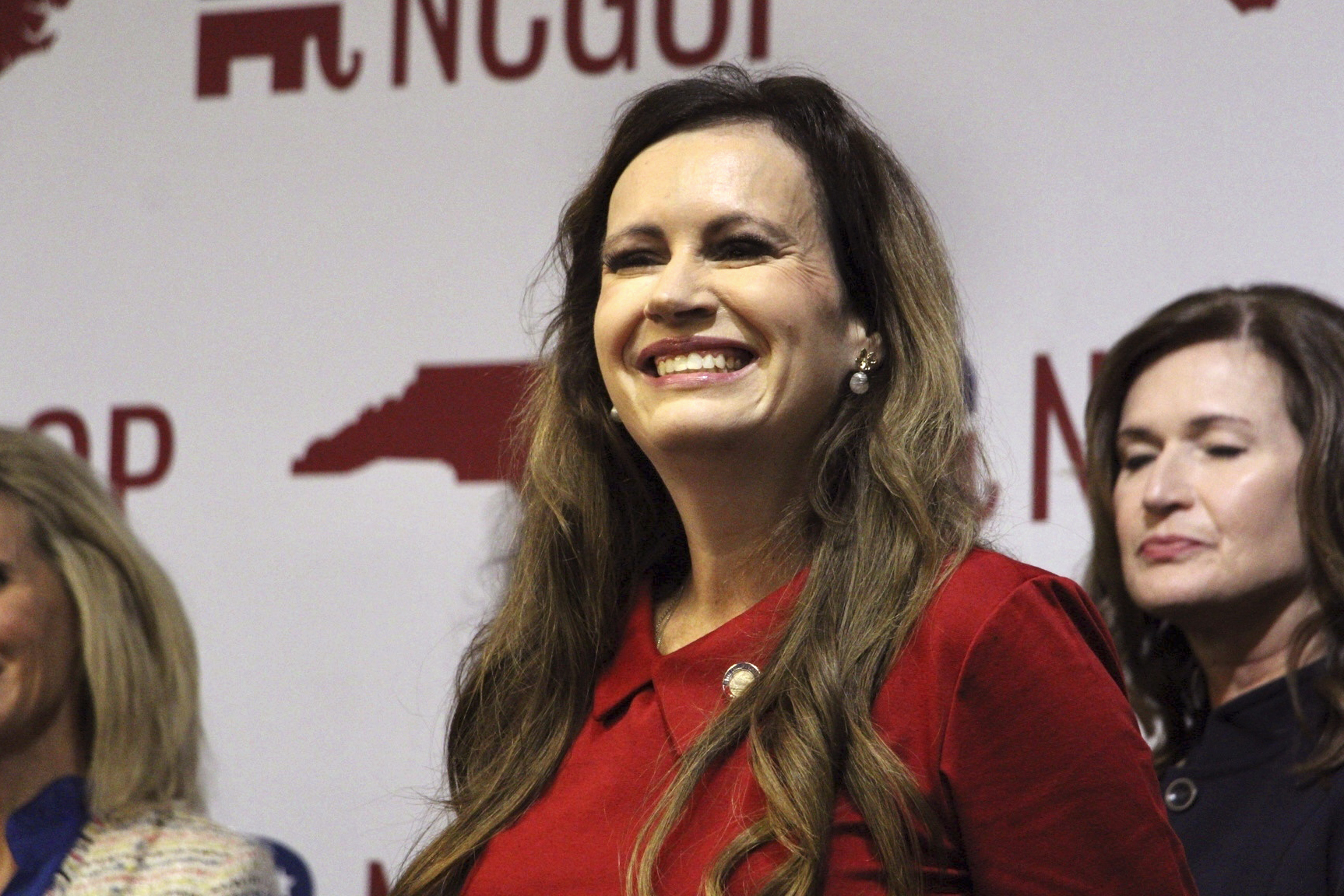
Newly Veto-Proof North Carolina GOP Files Transgender BansWritten by HANNAH SCHOENBAUM On the heels of a Democratic state lawmaker’s seismic shift to the Republican Party, North Carolina Republicans have filed a flurry of bills aimed at transgender youth as they look to capitalize on their newly attained supermajority. Five Senate bills filed this week before the chamber’s Thursday filing deadline would ban […]
›










